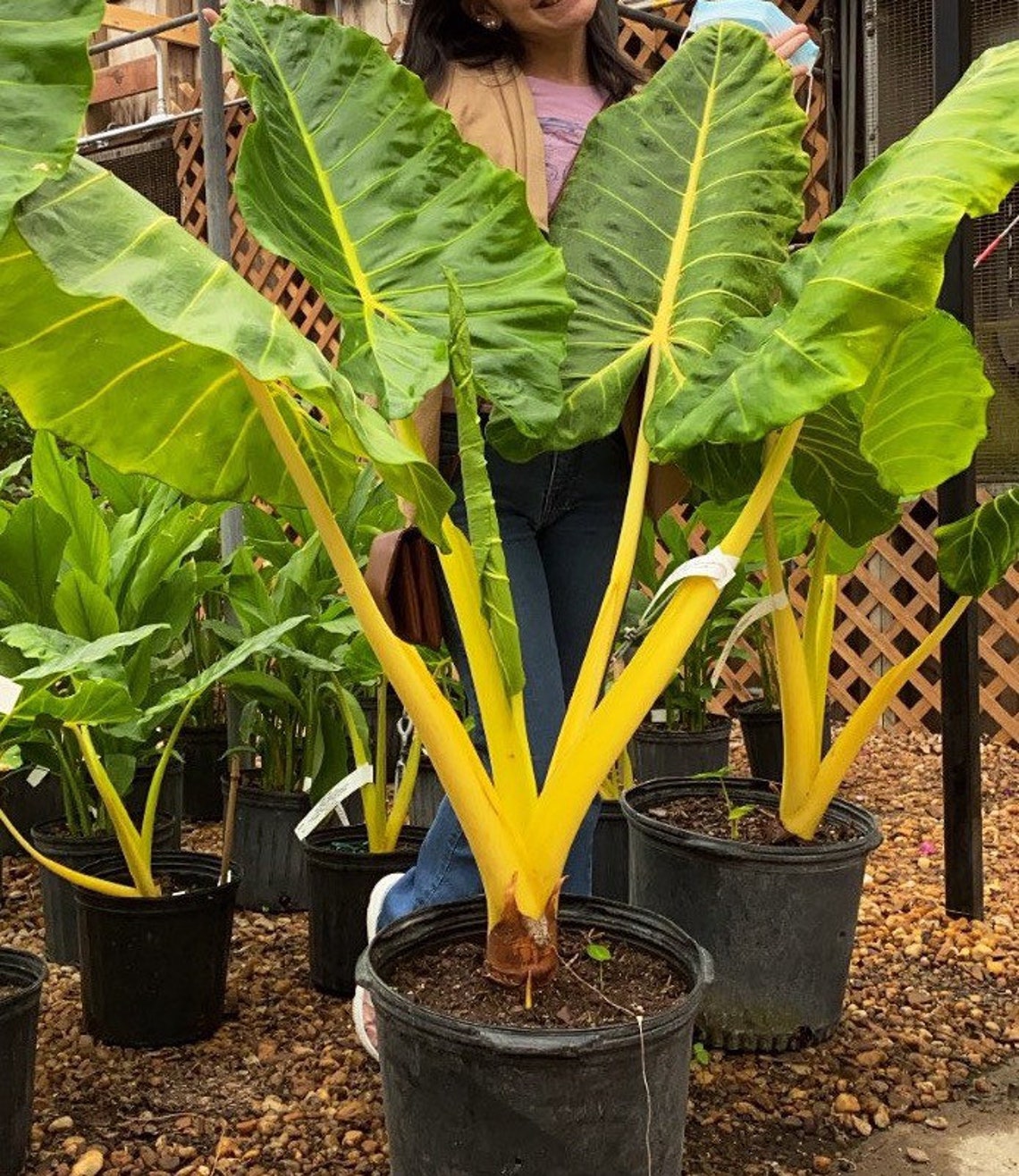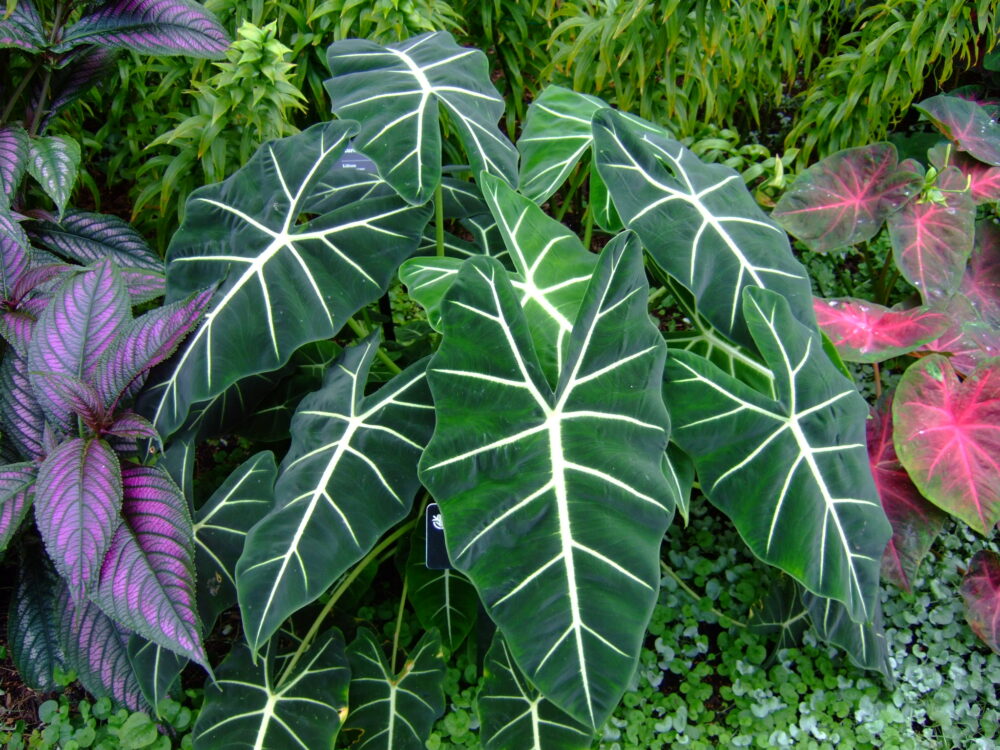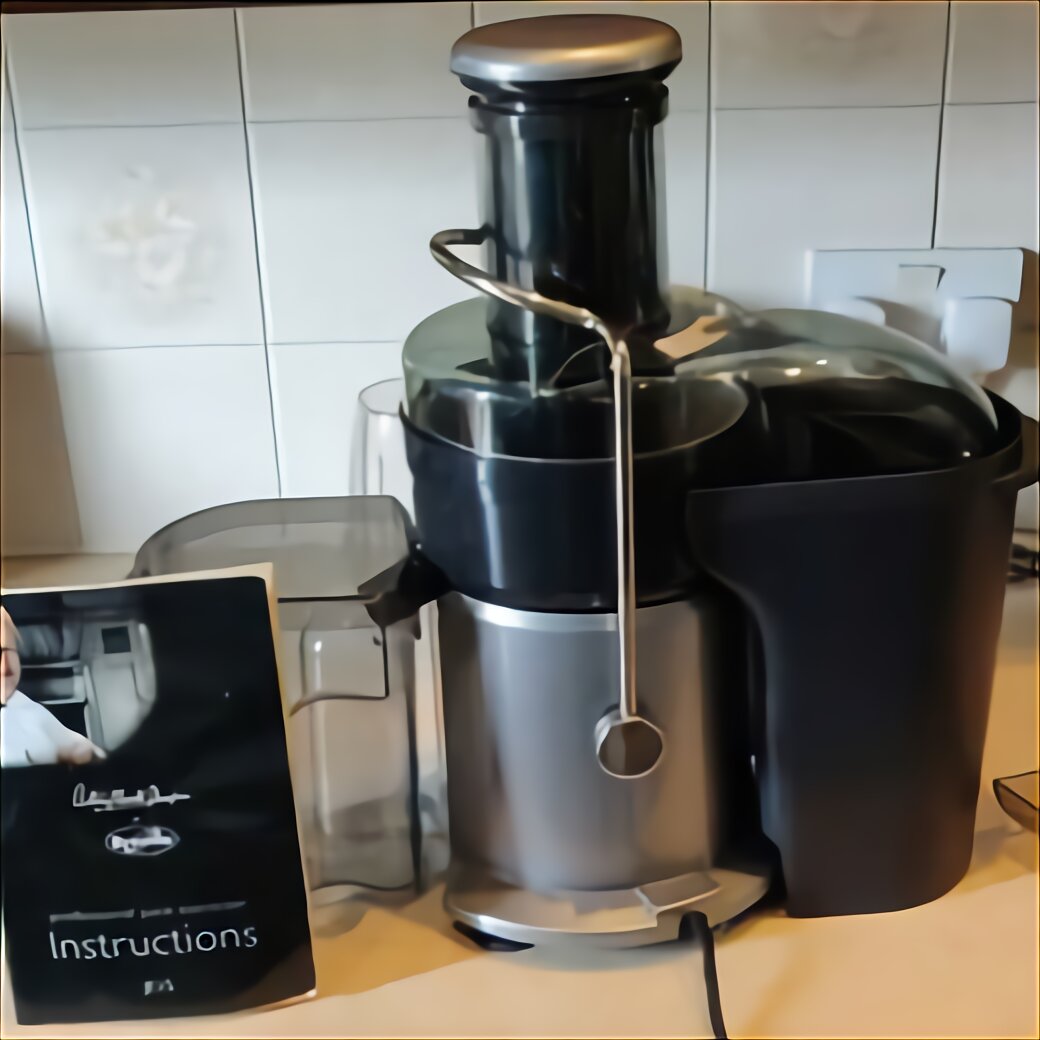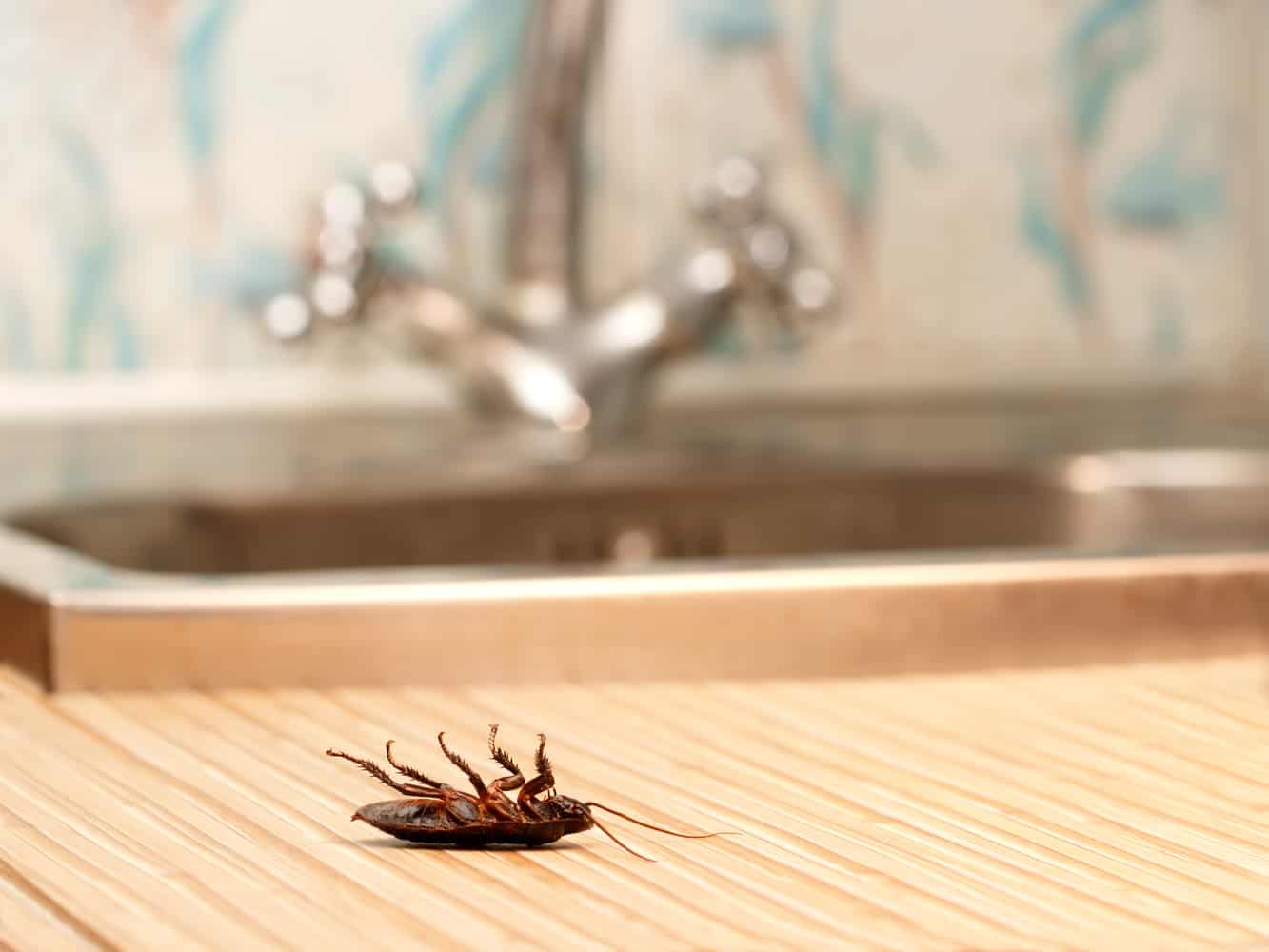
Alocasia Plants: A Beginner’s Guide to Growing and Caring for Them
If you’re looking for a striking and impressive houseplant to add to your collection, you can’t go wrong with an Alocasia. These plants, also known as elephant ears due to their large, ear-shaped leaves, are native to tropical Asia and thrive in warm and humid environments. In this guide, we’ll cover the most popular species of Alocasia and provide you with all the essential care tips you need to grow and care for these stunning plants.
Types of Alocasia Plants
Alocasia plants come in a wide variety of species, but some of the most popular ones include:
1. Alocasia Polly: This hybrid plant is a favorite among houseplant enthusiasts thanks to its glossy, bright green leaves and striking white veins. It’s also relatively easy to care for, making it an excellent choice for beginners.
2. Alocasia Amazonica: Also known as the African mask plant, the Alocasia Amazonica features dark green leaves with white veins that form an intricate pattern. It requires a bit more attention and care than other Alocasia species, but the results are worth it.
3. Alocasia Frydek: Native to Brazil, the Alocasia Frydek is recognizable by its lush, velvety green leaves with silvery white veins. It prefers bright, indirect light and high humidity.
4. Alocasia Wentii: This Alocasia species is particularly striking thanks to its long, elegant leaves that can grow up to 5 feet tall. It requires bright, indirect light and regular misting to thrive.
Caring for Alocasia Plants
Now that you know a bit about the different types of Alocasia plants, let’s dive into how to care for them.
1. Light: Alocasia plants prefer bright, indirect light. Avoid placing them in direct sunlight, as this can scorch their leaves.
2. Watering: Alocasia plants require consistently moist soil, but they can’t tolerate standing water. This means you’ll need to water them thoroughly, but make sure the soil has adequate drainage.
3. Humidity: Given their tropical origins, Alocasia plants thrive in high humidity environments. You can boost humidity levels by placing a humidifier nearby or placing a tray filled with water and pebbles under the plant.
4. Fertilizer: Alocasia plants benefit from regular fertilization during their growing season (spring and summer). Use a balanced liquid fertilizer and dilute it by half.
5. Repotting: Alocasia plants prefer to be slightly root-bound, so you won’t need to repot them often. Aim to repot every 2-3 years, using fresh potting soil and a slightly larger pot.
In conclusion, Alocasia plants are a stunning addition to any home. With the proper care and attention, they can thrive in your home and offer a beautiful aesthetic. Remember to provide them with proper lighting, adequate humidity, and regular watering, and you’ll be rewarded with eye-catching foliage that will impress all of your guests.
If you are looking for How I grow alocasia corms | Alocasia plant, Plants, Potted houseplants you’ve visit to the right page. We have 8 Pictures about How I grow alocasia corms | Alocasia plant, Plants, Potted houseplants like Separated a huge Alocasia Polly, look at all those corms! : houseplants, Dragon scale Alocasia corms are taking off! : r/houseplants and also Dragon scale Alocasia corms are taking off! : r/houseplants. Here you go:
How I Grow Alocasia Corms | Alocasia Plant, Plants, Potted Houseplants

www.pinterest.com
Lutea Alocasia Grow Your Own Corm | Etsy

www.etsy.com
corm alocasia lutea
How To Propagate And GROW Alocasia Plants From BULBS (Corms) | Repot

herbalplantpower.com
Dragon Scale Alocasia Corms Are Taking Off! : R/houseplants

www.reddit.com
Separated A Huge Alocasia Polly, Look At All Those Corms! : Houseplants

www.reddit.com
alocasia corms
BodeReigyn

bodereigyn.blogspot.com
These Fell Off The Roots Of My Alocasia Polly During A Repot. It Was In

www.reddit.com
alocasia houseplants polly
Alocasia Plant: Popular Species And Care Tips – Plants Bank

plantsbank.com
alocasia plant plants care species
How i grow alocasia corms. Alocasia corms. Dragon scale alocasia corms are taking off! : r/houseplants
 markanthonystudios.net Mark Anthony Studios Site
markanthonystudios.net Mark Anthony Studios Site


